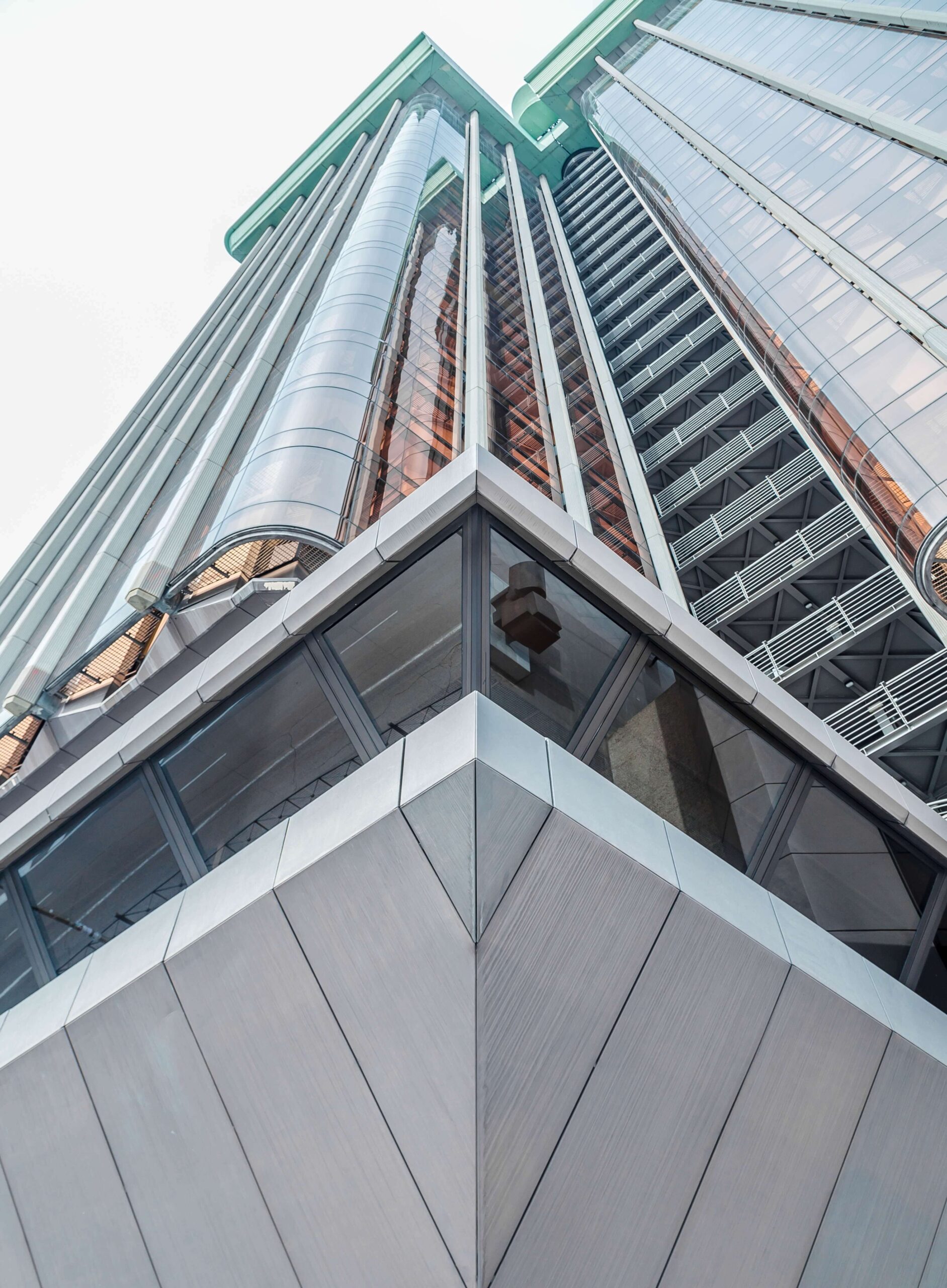The high-profile financial difficulties of Germany’s Lilium and Volocopter have made investors and others begin to wonder whether eVTOL (electric vertical take-off and landing)— once considered the future of climate-friendly, short-hop aviation — has crashed before it has even taken off.
In November 2024, Lilium filed for bankruptcy in the United States and insolvency in Germany after it was unable to gain loan guarantees from the German federal and Bavarian governments. It had been founded in 2015 in Munich and had raised more than a billion dollars. At the time Lilium said it had orders, reservations and options on 780 aircraft across the world, with two already on the production line. Now there are signs that the company may find a way out through new investors or a loan.
Volocopter, meanwhile, was founded in 2011 and had raised more than $700 million but also fell into insolvency and is currently seeking investors.
”The recent insolvencies seem to have created a bit of pessimism but, like in other innovative sectors, there’s an elated fervor in the beginning, then there’s a bit of a slump,” said Dan Sloat, founder and president of the Advanced Air Mobility Institute (AAMI). “Hopefully we’re on the upswing out of that.”
While Lilium and Volocopter have struggled, other eVTOL players have attracted huge investment. In mid-February Archer Aviation announced it had raised a further $300 million, including funds and accounts managed by BlackRock bringing the company’s total liquidity position to around a billion dollars. The successful funding follows the December 2024 launch of a dedicated division for defense applications with a hybrid-propulsion VTOL aircraft expected to be its first product.
Subscribe to our newsletter below
U.S.-based Joby Aviation, meanwhile, has raised more than $722 million, including $500 million committed by strategic manufacturing partner Toyota, in the past six months.
“Our fundraising success is driven by demonstrated progress towards bringing our aircraft to market, with Joby continuing to lead the industry towards FAA type certification, initial operations in Dubai and manufacturing with four aircraft produced and flown from our assembly line in Marina, California,” said Eric Allison, chief product officer of Joby.
Despite the success of Archer and Joby, there has been considerable consolidation in the sector with more expected to come. AAMI’s Sloat estimated that at one time there were almost 1,000 different eVTOL concepts and that this has now fallen to around 300.
“Creating something new is always hard, building advanced aircraft is resource intensive both from a time and dollar standpoint … Some consolidation is natural, but I’m always rooting for folks trying to do hard things and push the envelope,” said Adam Goldstein, CEO of Archer Aviation.
One of the biggest challenges is the level of investment required, particularly in infrastructure. AAMI’s Sloat conservatively estimated that you need to raise at least a billion dollars to have a shot at success.
“And it’s still not clear that a billion is enough, which is such a wild thing to say,” he said.
The Middle East is emerging as a key player in the sector. “The UAE and the Kingdom of Saudi Arabia have made it very clear that they desire to be global leaders in this space. They have the necessary resources and it is a clear value-add to their cities,” Sloat said.
Archer said it has a “multi-party collaboration agreement with key UAE entities” with a focus on establishing electric air taxi operations in Abu Dhabi.
“We anticipate operations to start as soon as the end of this year,” Goldstein said.
The company will also target operations in Los Angeles and New York.
Joby is in the final stages of the FAA certification process for its electric air taxi and is preparing to begin flight testing with FAA pilots on board the aircraft. The company said it has carried out more than 33,000 miles of test flights with a full-scale prototype since 2017 including more than 100 flights with a pilot on board.
Joby plans to offer a service in Dubai, potentially later this year. The company has also carried out demonstration flights in South Korea and Japan.
“We expect the rollout of our service to start after certification, beginning in New York City and Los Angeles before expanding to other markets around the world,” Allison said. “In addition to planning for our Dubai operations, we have applied to have our FAA type certificate, oncereceived, validated by regulators in Australia, Japan and the U.K.,” he said.
Travel industry partnerships
Joby is partnering with the travel industry as part of its route map to success and has “demand generation and customer experience partnerships” with both Uber and Delta Air Lines. The tie-up with Uber followed the ground transportation company’s publication of a paper outlining an on-demand aviation transportation concept called Elevate in 2015. In December 2020, Joby acquired Elevate.
Uber and Delta are not the only travel companies looking at eVTOL. In June 2021, Virgin Atlantic announced a deal with eVTOL startup Vertical Aerospace to accelerate zero emissions air travel, with an option to purchase 150 eVTOL aircraft. United Airlines has also stated its interest in developing the eVTOL sector.
But what will the new resident of the White House think about eVTOL, particularly as he has made clear his love for oil?
Archer’s Goldstein said he is confident the new Trump administration will be positive towards eVTOL.
“Advancing the level of safety, innovation and affordability in aviation is a topic most people in Washington agree on. We’ve seen a lot of support from President Trump, Secretary Duffy and others for eVTOL aircraft,” he said.
Sloat agrees. “The sentiment feels like ’Let’s prioritize this because it’s a chance to beat China’ but almost despite its potential to reduce climate change,” he said.
Will consumers use eVTOLs?
Despite the insolvencies, investors seem ready to back eVTOL’s future but what about the traveling public? Sloat said that convincing the public of the safety of eVTOL will be crucial, particularly after the recent air incident in Washington’s busy airspace. He said safe eVTOL operation will require the implementation of what is known as universal traffic management, an AI-enabled approach to air traffic control.
“We are at this threshold such that the traffic density and the sheer safety implications of that mean that pure voice communications and separation is becoming more and more difficult,” he said. “Any one controller really can’t handle much more than 100 aircraft at a time. AI is absolutely critical.”
Sloat estimated that after the launch of commercial services as early as this year, the eVTOL market could be worth $30 billion by 2030.
Joby’s Allison said he sees “tremendous market opportunity for electric air taxis.”
“And it’s important to note that it’s considerably more than the helicopter market and isn’t really comparable to anything existing.”




:max_bytes(150000):strip_icc():format(jpeg)/tal-flight-attendant-approved-carry-on-set-tout-22ced11f7c1f47d79d570ba519aa6360.jpg?w=150&resize=150,150&ssl=1)



